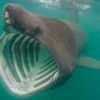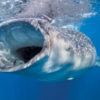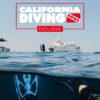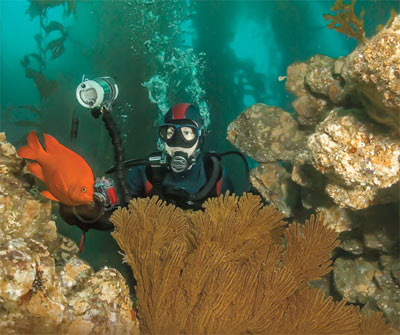My 11-year-old son, Eric, got certified this summer and I learned a lot, more than I had ever expected.
Being a concerned father (actually a worry-wort), I used the excuse of being editor of this fine publication to tag along on every dive, including all the pool sessions.
I found myself doing two main things: First, as Eric learned his scuba skills, I reviewed the same valuable skills that I had not practiced in many years. No matter how long it’s been since your basic certification class, you probably recall some of the emergency procedures you were trained. Whether or not you took the exercises seriously, you probably realized their importance. But with the years, do you still know the most effective and efficient way to recover a lost regulator? How to hang on to that weight belt and put it back on should it inadvertently get knocked off? Like I said, this was worthwhile practice for me, as well as for him.
Then there were those things I was not taught (or not taught well) in my certification course nearly 30 years ago. It’s not that I had a poor instructor, its just that different things are emphasized now. The concept of fine buoyancy control, for example, was barely discussed. Oh, I’ve got pretty good at it over the years, but learning alongside Eric helped me fine-tune my skills, made me more comfortable in the water, and ultimately made me use less air. I also got a better idea of how to handle out-of-air emergencies with an octopus (yes, I actually pre-date the use of “octopus” safe-second regulators).
Shortly after Eric’s certification he (and I) had the distinct privilege of sitting down with one of diving’s true pioneers, Bobby Miestrel. Learning that Eric had just become certified, he gave him (and indirectly me) a bit of advice on safety: Practice, Practice, Practice. Many of those skills we learn in our basic class we do not use again, sometimes for many years, unless needed, usually in the event of an emergency.
Bobby advised to practice skills on a regular basis, in controlled, comfortable situations. Practice flooding and clearing your mask. Practice removal and replacement of your mask underwater, underwater breathing without your mask, regulator recovery, out-of-air emergencies with your buddies, etc. If you are not sure which skills to practice, or you’re concerned your skills might be a bit dated, check with your local dive store. A refresher course or advanced diver course might be in order.










